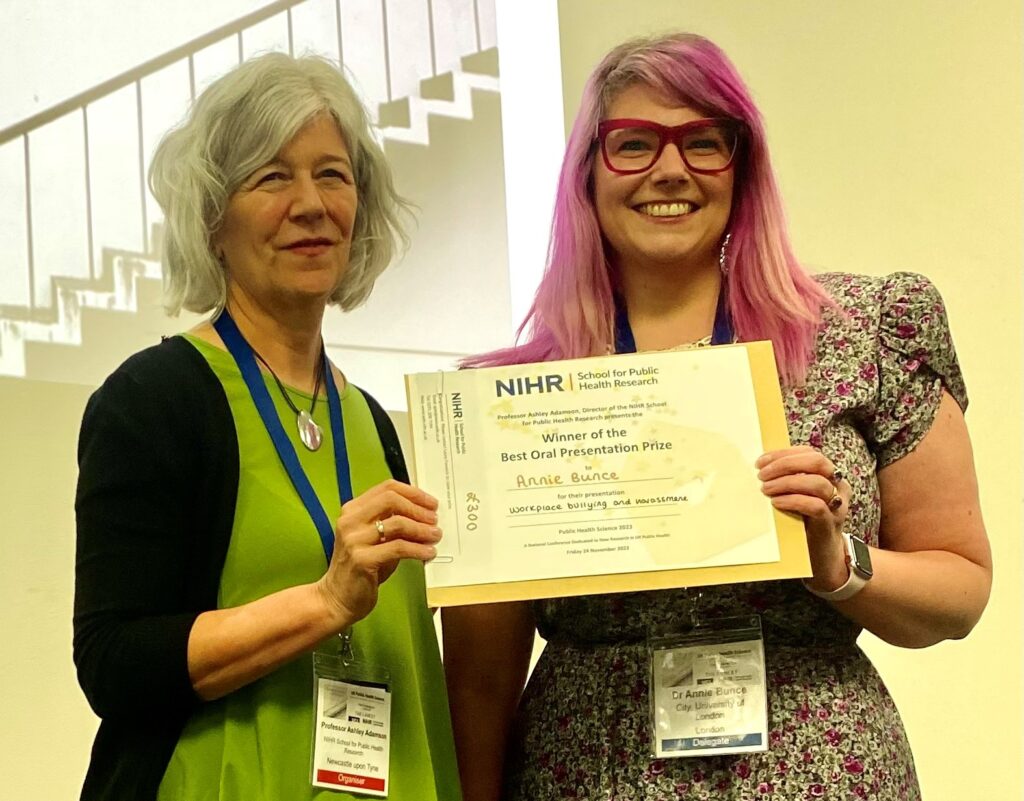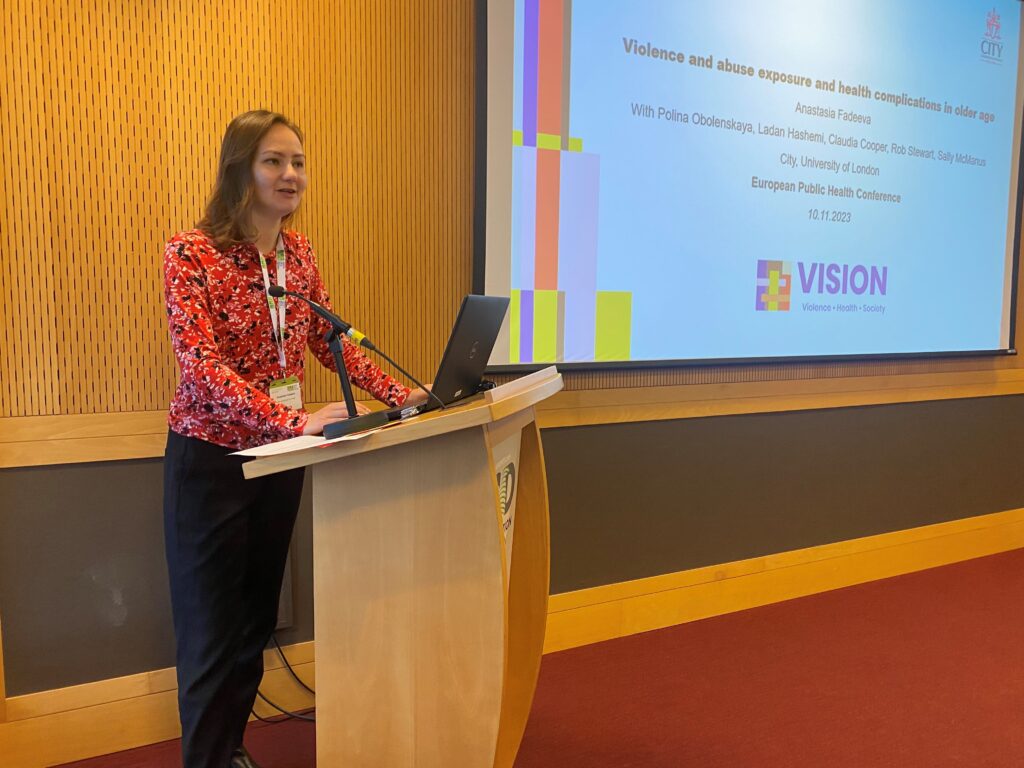Gene Feder, VISION Director and Professor of Primary Care at the University of Bristol, has written an opinion piece with colleagues commenting on events in Israel and Gaza from a public health and primary care perspective. Responding to the war in Israel and Palestine was published in December in the online edition of the British Journal of General Practice.
Gene and his colleagues are GPs working to further the development of family medicine in the occupied Palestinian territory, specifically in the West Bank, but with links to family medicine in Gaza through the United Nations Relief and Works Agency and through Medical Aid for Palestinians. They also have friends and family in Israel and Palestine.
They have three responses to the current crisis as informed by their work as GPs and connection to Palestinian primary care:
- A plea for the protection of health care and health professionals amid the war
- A plea for the preservation of public health amid war
- A recognition that in the aftermath of October 7th and the invasion of Gaza, the widespread direct and vicarious trauma in Israeli and Palestinian populations will result in permanent physical and emotional damage: the former in the shape of orthopaedic, neurological, and gynaecological (as a result of rape) harm, the latter in the form of widespread anxiety, depression, and post-traumatic stress disorder which will also cascade down the generations.
Given VISION’s commitment to developing evidence on violence prevention, we will be organising roundtable meetings bringing together researchers focusing on post-conflict violence reduction. This is an opportunity for dialogue, perhaps leading to new perspectives and research including systematic assessment of sustainable post-conflict interventions as well as further joint activities.
For further information on the opinion piece, please see: Responding to the war in Israel and Palestine
Photograph by Emad El Byed on Unsplash



